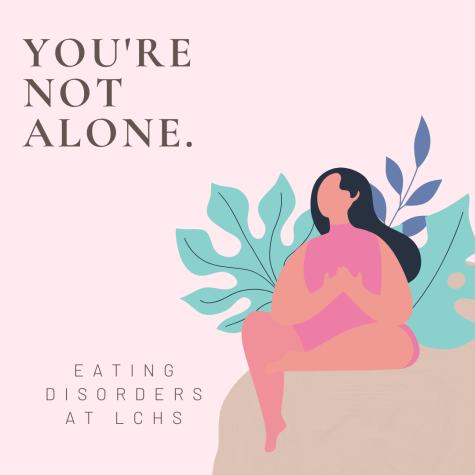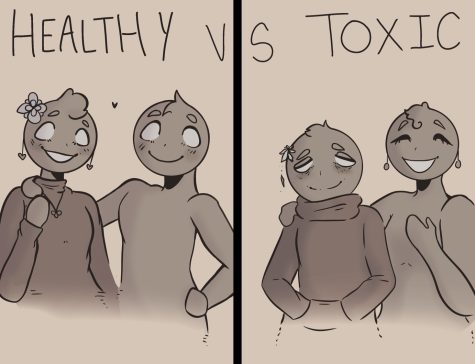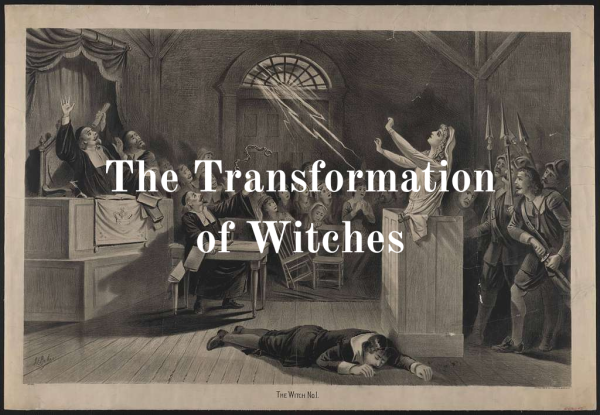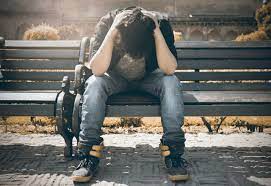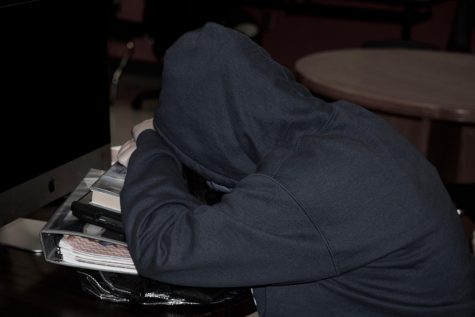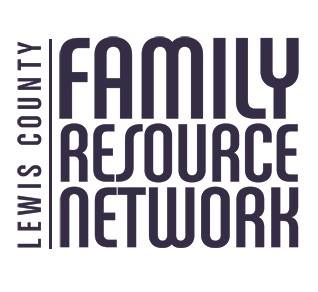What is OCD?
Obsessive Compulsive Disorder (OCD) is defined by the Mayo Clinic as a pattern of unwanted thoughts and fears that lead you to do repetitive behavior.
According to research, symptoms include both obsessions and compulsions, but a person may only experience one of the two.
Obsession:
Obsessions typically have a theme such as horrific or intrusive thoughts, fear of dirt or contamination, or needing things to be orderly or symmetrical. Signs that would indicate potential intrusive thoughts include:
- Intense stress when things aren’t where they should be.
- Doubts that you’ve locked the door or blew out a candle, or envisioning yourself driving a car into a crowd of people.
- Most of the time these intrusive thoughts will begin with the phrase “what if”.
Compulsion:
Compulsions are the repetitive actions that you feel necessary or compelled, to perform. Some themes include:
- Counting
- Checking
- Following a strict routine
- Washing and/or cleaning more than normal
Examples of compulsion could be constantly checking that the doors are locked, washing your hands until they become raw, silently repeating a prayer or phrase or counting in certain patterns are some signs that indicate compulsions.
OCD typically develops in the teen or young adult years but has been noticed at younger ages as well. Most people experience intrusive thoughts; however, those who have OCD experience them so consistently and extremely that it causes intense anguish and can interrupt and impair one’s ability to pursue the actions that they value.
For example, someone with OCD might have intrusive thoughts regarding cleaning. They might have to repeatedly clean a doorknob despite being positive they cleaned it a few moments earlier. The thoughts could become so intense that they can’t focus on anything other than the possible germs resting on the doorknob. Those who struggle with OCD constantly repeat these tasks to ensure that their obsessions don’t come true.
Society and pop culture tend to describe OCD as a simple disorder where one must have things perfectly organized and in line; however, OCD can affect more than having things arranged in a perfect way. For instance, someone can have intrusive thoughts about harming themselves or another.
Medication and therapy are both used for treatment.
If you believe your intrusive thoughts to be controlling or interfering with your everyday life, see a doctor, mental health professional, counselor or school nurse.



